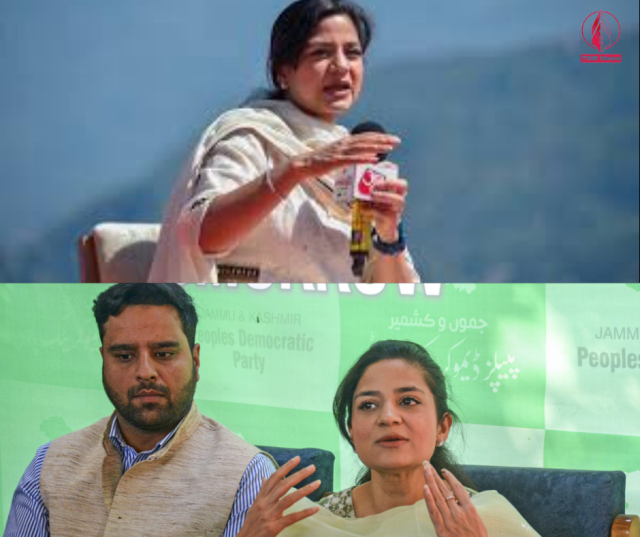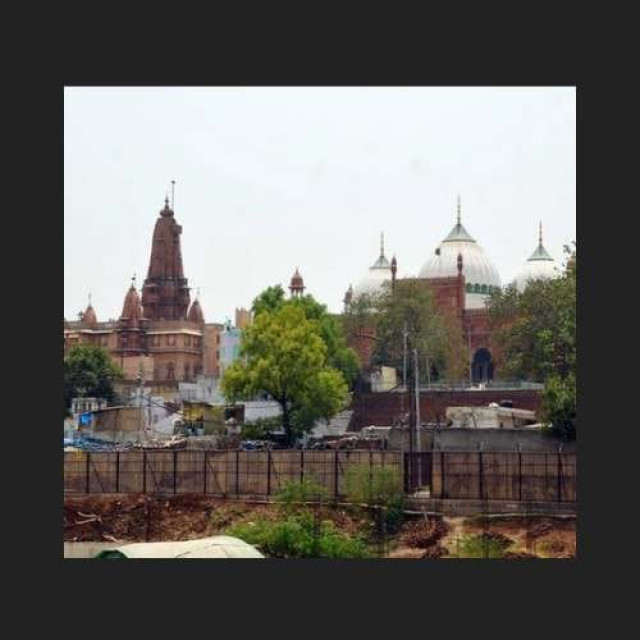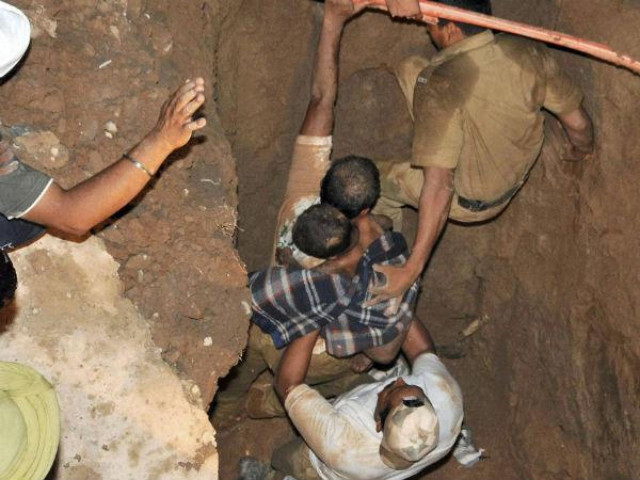Naqvi Counters Iltija Mufti's 'Hindutva a Disease' Remark, Advocates Sanatan Culture
- Posted on December 9, 2024
- News
- By Arijit Dutta
- 23 Views
Mukhtar Abbas Naqvi countered Iltija Mufti's remark labeling Hindutva a "disease," asserting its inclusive nature rooted in India's cultural values. Mufti clarified her critique, distinguishing Hindutva from Hinduism, reigniting political debate over India's identity and secularism.

Bharatiya Janata Party (BJP) leader Mukhtar Abbas Naqvi strongly criticized People's Democratic Party (PDP) leader Iltija Mufti for describing Hindutva as a "disease." Naqvi emphasized that Hindutva embodies the essence of India's “sanskriti” (culture) and “sanskar” (values), promoting inclusivity and unity among all sections of society.
Speaking to the media on Sunday, Naqvi stated, “Hindutva conveys a message of uniting all sections and moving forward with inclusive thinking.” He further noted that individuals unfamiliar with India’s cultural ethos should revisit the principles of Sanatan culture to better understand its significance.
This reaction came after Iltija Mufti, daughter of former Jammu and Kashmir Chief Minister Mehbooba Mufti, expressed strong criticism of Hindutva in response to a video showing Muslim boys being allegedly coerced to chant religious slogans. She called Hindutva a "disease" that tarnishes India's secular spirit.
Mufti later clarified her stance, drawing a distinction between Hinduism and Hindutva. She described Hinduism as a religion of secularism, love, and compassion, akin to Islam, while labeling Hindutva as an ideology of hate propagated by Vinayak Damodar Savarkar to assert Hindu dominance. She argued that slogans like “Jai Shri Ram” are being misused to foster division rather than reflecting the inclusive ideals of "Ramrajya."
Also Read: Protests Over Diljit Dosanjh’s Indore Concert Spark Controversy
Naqvi dismissed these remarks, urging critics to better understand Hindutva’s inclusive message. He contended that such "phobias" stem from a lack of understanding of the ideology’s true intent.
The debate has reignited political tensions, with each side accusing the other of misrepresenting India's cultural and religious identity.




